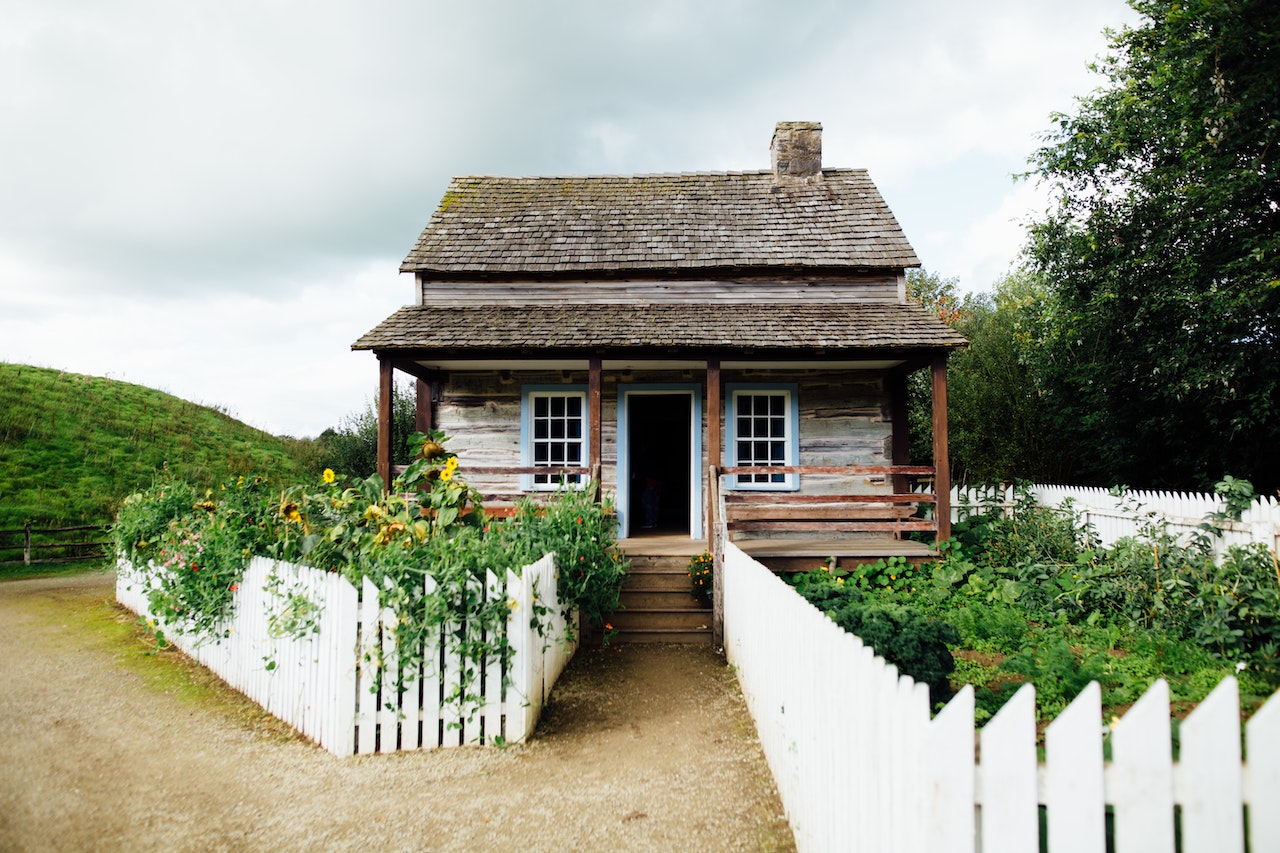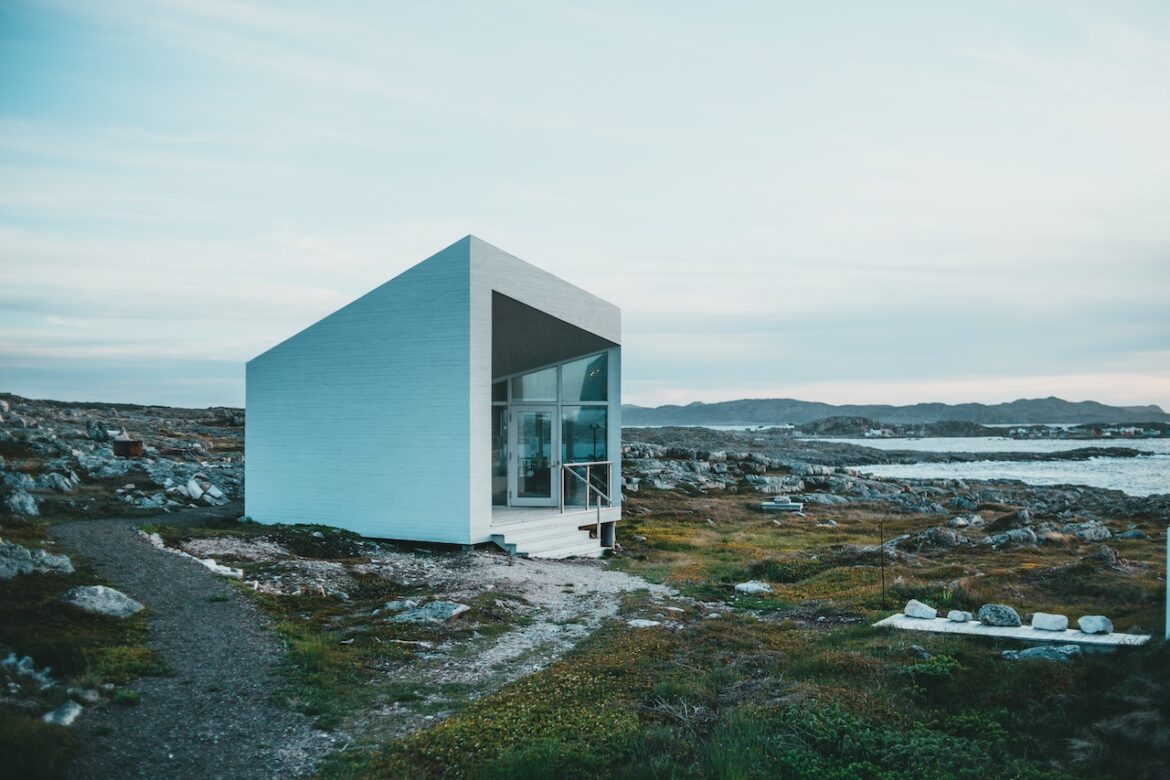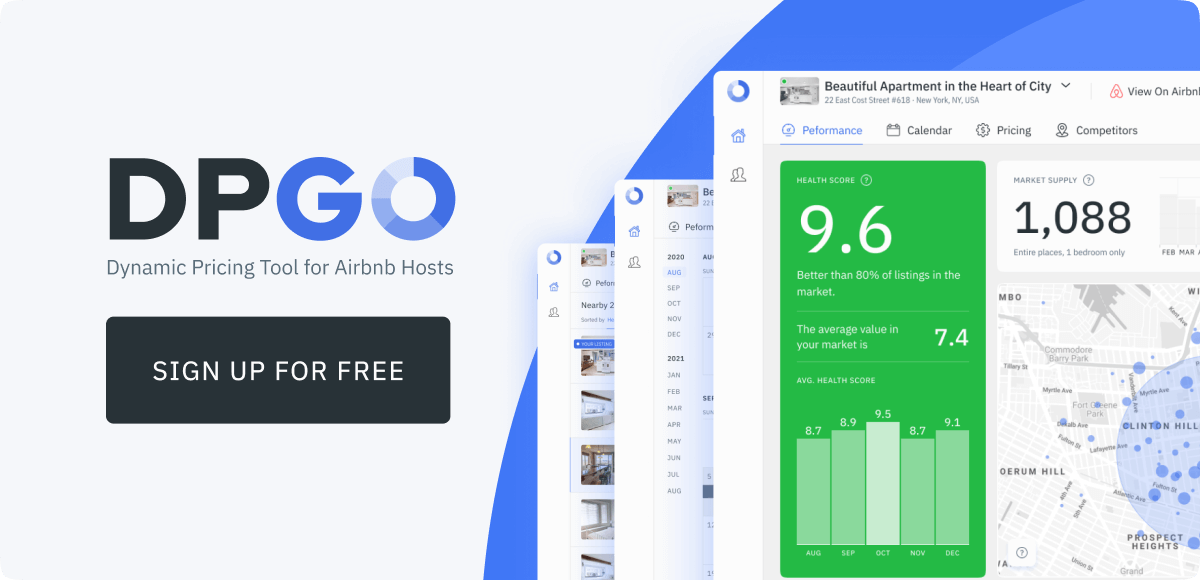Investing in an Airbnb tiny home might just be the best way to boost your financial success this year. A tiny home is a small, often mobile, house that typically ranges from 100 to 400 square feet in size. It is designed to maximize functionality and minimize living expenses and environmental impact. Tiny homes have gained popularity in recent years as a way to downsize and reduce the cost of living. They can be used as primary residences, vacation homes, or even as rental properties.
Airbnb has revolutionized the way people travel and experience different destinations. Rather than being confined to traditional hotels, travelers can now stay in unique accommodations that offer a more authentic and personalized experience. With the rise of Airbnb, the concept of a tiny home has also gained popularity. It offers travelers a more intimate and unique experience. But is investing in an Airbnb tiny home a good idea? In this blog post, we will explore the pros and cons of investing in an Airbnb tiny home to help you make an informed decision.
An Airbnb tiny home is a small living space that is typically less than 500 square feet and is designed to be rented out on a short-term basis. These tiny homes can be located in various settings, including urban areas, suburban neighborhoods, and rural settings. They are often designed with unique features and amenities that make them stand out from traditional accommodations.

Pros of Investing in an Airbnb Tiny Home
Low Cost of Entry: One of the primary benefits of investing in an Airbnb tiny home is the low cost of entry. Unlike traditional real estate investments, tiny homes can be purchased or built for a fraction of the cost. This makes it an attractive investment option for those who are looking to enter the market without a significant financial commitment.
Higher Rental Yields: Another benefit of investing in an Airbnb tiny home is the potential for higher rental yields. Tiny homes are often in high demand, especially among travelers who are looking for unique and personalized accommodations. This means that tiny homes can command a higher rental rate than traditional accommodations, resulting in higher rental income for the investor.
Flexibility: Airbnb tiny homes offer a great deal of flexibility when it comes to occupancy. Unlike traditional rental properties that require long-term leases, tiny homes can be rented out on a short-term basis. This means that investors can choose to rent out their tiny homes for specific periods of time, such as during peak travel seasons or special events. This flexibility can help investors maximize their rental income and minimize vacancies.
Unique Investment: Investing in an Airbnb tiny home offers a unique investment opportunity that is not available with traditional real estate investments. Tiny homes are often designed with unique features and amenities that make them stand out from traditional accommodations. That fact alone can attract a wider range of travelers, resulting in higher rental demand and the potential for higher rental income.
Cons of Investing in an Airbnb Tiny Home
Zoning and Permitting Issues: One of the biggest challenges of investing in an Airbnb tiny home is navigating the zoning and permitting requirements. Many local municipalities have strict zoning laws and regulations that can limit the use of tiny homes for short-term rentals. This can make it difficult for investors to find suitable locations for their tiny homes. It may also limit the potential rental income.
Higher Maintenance Costs: Although tiny homes are often designed to be low-maintenance, they can still require significant upkeep and maintenance. It is especially true for homes that are rented out on a short-term basis. And that’s because the turnover of guests can increase wear and tear on the property. Investors should factor in the cost of maintenance and upkeep when considering the profitability of their investment.
Limited Resale Value: Unlike traditional real estate investments, the resale value of an Airbnb tiny home may be limited. This is because tiny homes are still a relatively new concept. They may not be widely accepted as a mainstream property type. This can limit the pool of potential buyers and may result in a lower resale value for the investor.
Higher Risk: Investing in an Airbnb tiny home is considered a higher-risk investment compared to traditional real estate investments. This is because the market for tiny homes is still relatively untested and may be subject to fluctuations in demand.





Comments are closed.